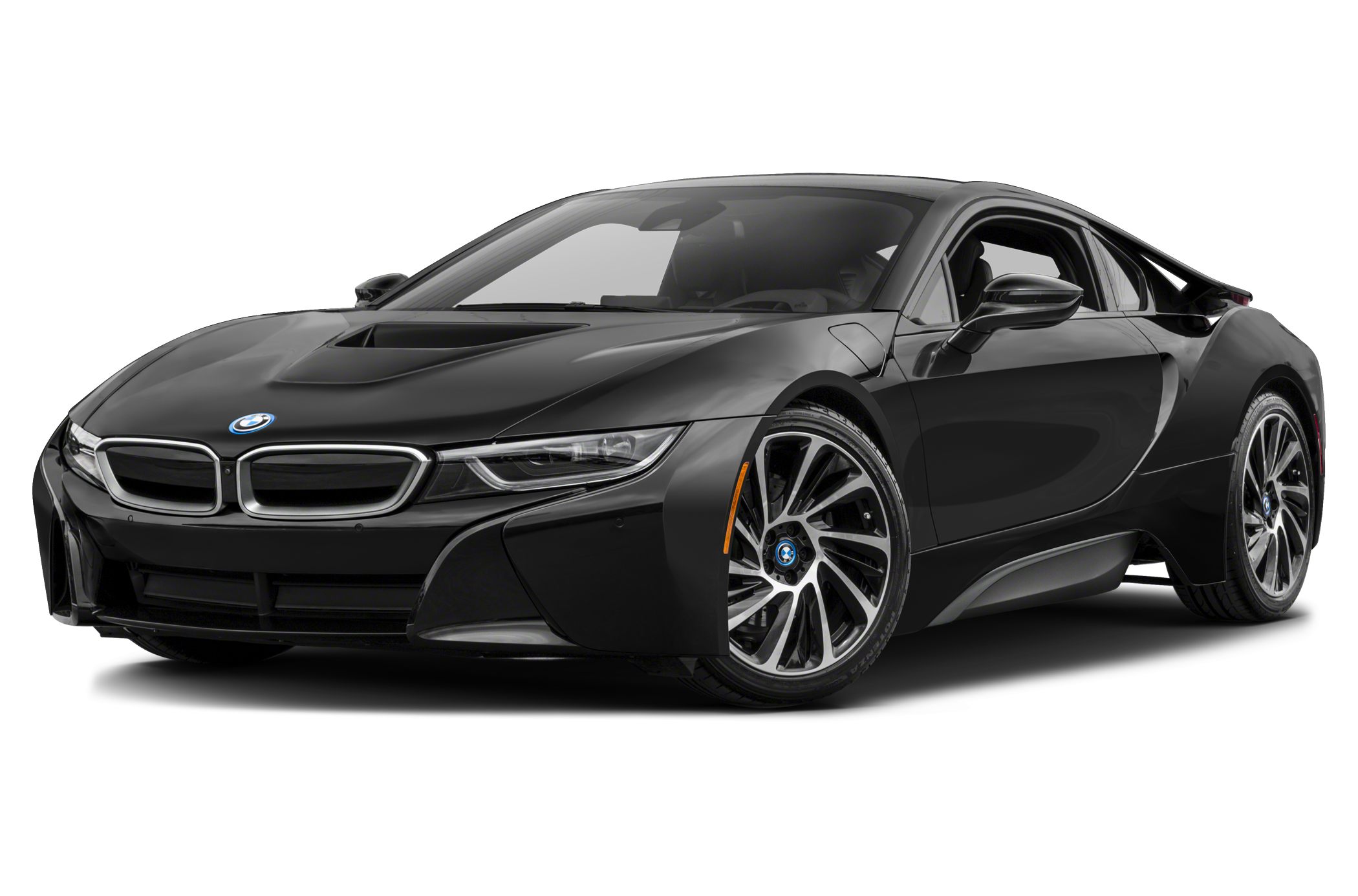Internal Combustion Engines are here to stay just like the VAG Group executives said. The ICE is nowadays in inseperable part of the automotive industry (excluding Tesla for obvious reasons). We keep seeing engine sizes shrinking down to numbers never though of before especially by US standards but I belive we still have a long way to reach its limits, especially considering the next generation of cars, the hybrids. Hybrids have been around for about a decade or so, however they only appeal to small group of people that can afford running them, cosidering the fact that their new technologies are prone to constant failure. Cars such as the BMW i8, mating a fairly small 3 cylinder engine with an electric power train seems to be the future.

As from a car enthusiasts point fo view, I cannot say either that I am dissapointed nor that I like the way things are going. Of course the rumble of the V8 biturbo on the Mercedes-Benz AMG GTs is mesmarizing but the chills you get from driving a Moris Mini down a hill put a glow on your face from ear to ear. The first one is a 4 Litre engine and the latter less than a Litre large. The smile a car puts on your face will always matter more than displacement and cylinder count. Key component here is that no matter the engine, you get the sound of the engine. This is what forms an emotional connection between you and the car. It’s the way, or at least one of the ways, the car can speak to you. It’s the character and the soul of the car. When you take that away what is left there for you to enjoy?
To contradict my own point, I’ll propose the driving experience. Watch the video below by James Cooke,to see what I am talking about.
Feel free to leave your comments below, I’d love to hear them all!
P.S. Have you driven a Tesla yet? If yes, describe the experience!